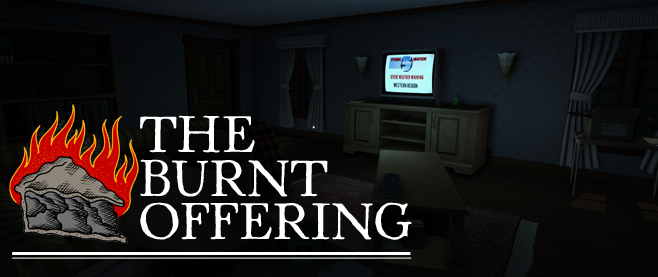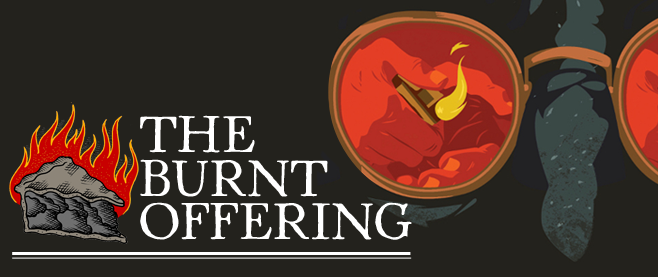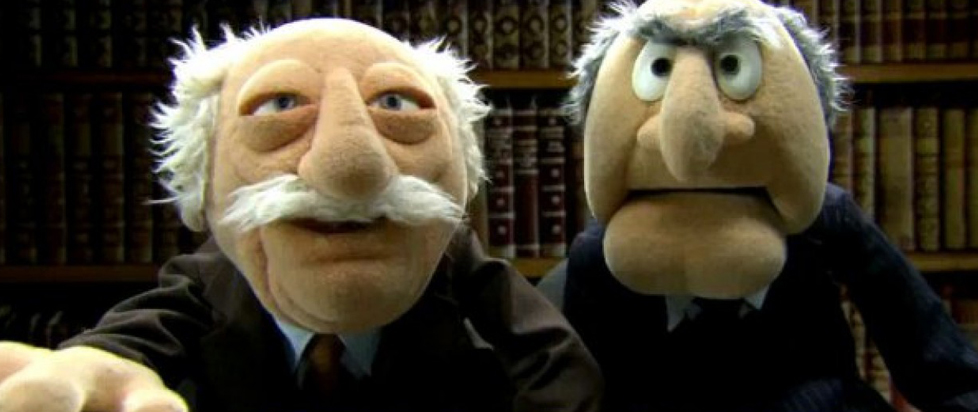
The Almost Empty House
Sometimes, when I get home late at night, I feel less than welcome.
The bushes out front are jagged shadows. The rooms are black and grey caverns. Everything is so still, I scarcely breathe for fear of disturbing the silence. An air of unfamiliarity prevents ritual from taking hold. My keys and wallet stay in my pockets instead of being placed in the dish by the door. The office light remains off. I stand, looking at the moonlit glow of the curtains, listening.
And then I hear it. A creak above me, a susurrus of movement in the darkness beside me, a wet plink in the distance – these are normal sounds of a house settling, the cat prowling and the sink dripping, but in the darkness, they become amplified. Portentous. The hair on the back of my neck stands on end. My heart beats slightly faster. I strain to hear more.
[pullquote]It is hard to not love her back.[/pullquote]
I’ve felt this before. As a child, afraid of the clanking pipes in the basement. Working alone in my studio, startled by the sound of acorns falling onto the roof. When I come home to find a house full of people completely empty.
This is the foundation that the game Gone Home is built on.
It begins on the front porch of an unfamiliar house. You are Kaitlin Greenbriar, a college student who has just returned abruptly from a long trip abroad in Europe. Although it is the small hours of the morning, no one is there to greet you.
The tag on your luggage tells you the year, 1995. Boxes stacked near the door reveal that your family moved into the house only recently, while you were away. There is a note on the front door, from your kid sister Sam. She wants you to know that she has left and tells you not to worry (which is, naturally, exactly what you start to do). A sobbing message left for Sam on the answering machine does little to alleviate my anxiety. Who was that girl on the phone? Where are your parents? What happened to Sam?
The only way to answer these questions is to pick through the house, flipping through mail, examining knickknacks and riffling through drawers. There are no monsters to fight, no guns to find, no glowing outlines to highlight objects. This is simply a house that people live in. You have to make your own way.
 As you explore the house, you also explore your relationship with your sister. Sam narrates the events of her life during your absence by way of journal entries, triggered when you interact with a mix tape, or a crumpled note, or a photograph. Sam kept her journal because she missed you, because you were gone during an important time in her life and she wanted you to know. She kept her journal because she loved you. It is hard to not love her back.
As you explore the house, you also explore your relationship with your sister. Sam narrates the events of her life during your absence by way of journal entries, triggered when you interact with a mix tape, or a crumpled note, or a photograph. Sam kept her journal because she missed you, because you were gone during an important time in her life and she wanted you to know. She kept her journal because she loved you. It is hard to not love her back.
Gone Home is beautiful in its simplicity, a work of subtle details that slowly reveal a stunning meditation on love in its many forms. The effect is disarmingly emotional. And it all begins like love: quiet, vulnerable, in the dark and facing the unknown with your heart fluttering.
———
Unlike the vast majority of stories, it is impossible to describe Gone Home without ruining its charms. Its brilliance lies entirely in the experience. Even if you are not a game player, I still urge you to play it. The Fullbright Company stripped away the complexity of modern games to make Gone Home broadly accessible. I cannot recommend it enough. Gone Home is one of the very best, most touching games I have ever played. It is a perfect example of why I play games. It is ineffable. And you should experience it for yourself.
The Burnt Offering is a semi-regular column in which Stu Horvath thinks too much. Follow him on Twitter @StuHorvath.





